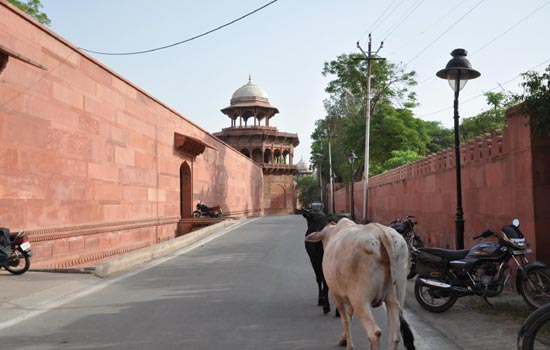
|
 |
|
India has more rural residents compared with China and, with a big gap between rich and poor, the development difference between the two countries is accelerating. [Photo/China Daily] |
China's exports made up about 35 percent of GDP compared with only 24 percent for India in 2008.
Because of the GDP difference and economic gap, according to the US-based IT research company IDC, China's IT spending is about four times more than India's, at about $30.2 billion in 2011 and expected to grow at an average annual rate of 21.3 percent to $65.3 billion by the end of 2015.
In the personal IT market, the gap is even more significant. Taking the PC market for example, China's shipments were about seven times more than India's in 2011. PC shipments were 10.6 million units in India in 2011 and about 73 million units in the Chinese market.
"IDC data indicate that India's PC market size in 2011 is similar to China's in 2002. Even five years later, the India market will still stay at China's 2004 level," said Wang Jiping, senior research manager of IDC China. "In recent years, more and more companies have asked the questions: 'Is India really the next China?'"
In 2004, China's PC shipments were 18.2 million units. The company predicted India's PC shipments will reach 16.78 million in 2016 from 10.6 million last year.
China's National Bureau of Statistics data show that the urban population in the nation currently accounts for about 51 percent of the total population. Compared with 2000, the number increased about 14 percentage points.
However, in 2011, India, with about 247 million households, had an urban population of about 30 percent.
"With an urban population smaller than China and an even sharper gap between rich and poor, the development difference between the two countries is accelerating," said Wang.
Economically speaking, the IT industry has become one of the biggest economic growth drivers for India. According to Prashant L. Rao, the editor of India's long established IT publisher Express Computer, the SME slice of the Indian PC market works out at about 27 percent of the total PC market.
According to a survey made by the International Labour Organization, the average monthly salary was $295 in India last year and $656 in China. A child's chance of surviving more than five years after birth is the same in India today as it was in China in the 1970s.
During the financial crisis, more so than with China, India's domestic economy provided a cushion from external economic pressures. Private domestic consumption contributed 57 percent of GDP in India compared with only 35 percent in China. Despite this, "potential IT purchases are significantly less than in China," said Wang.
International firms
There are many Lenovo Group stores - the biggest Chinese PC company - in India. However, there is not a single Indian PC exclusive store or Internet mobile maker in China.
Last year, the top two PC vendors in India were Dell Inc with 16.4 percent market share and HP with 12.8 percent. In the first quarter of this year, Lenovo became the largest PC company in the Indian market for the first time.
Dell entered India in 1998, six years later than it entered the Chinese market, and built its first factory in the nation in 2007.


 Washington to remain focused on Asia-Pacific
Washington to remain focused on Asia-Pacific RQFII target blue chips amid bear market
RQFII target blue chips amid bear market Australian recall for top two exporters
Australian recall for top two exporters China fears new car restrictions
China fears new car restrictions